Annie Ridout’s first poem was an ode to chocolate, specifically, Maltesers.
“I remember feeling very pleased with the rhyme I’d created,” she says now. “It was illustrated with a colourful drawing, so I’ve come full circle, as I’ve started illustrating my poems again as an adult.”
Ridout is, for lack of a better term, an Instagram poet, and one of a number of writers in what’s been described as the second wave of Insta-poetry. The first wave, led by the likes of Cleo Wade and Rupi Kaur (whose 3.5 million-selling debut book has outsold The Odyssey), was defined by its self-help-infused feminism, fed in bite-size chunks via the very visual medium of Instagram, and became the breakout publishing trend of 2016.
While Kaur and Wade’s books are still selling – more on this later – a new group of poets have gained prominence during the past 18 months of Covid-19 lockdowns. But where the first wave was high on inspo and odes to love, this second cohort of female poets is a lot more concerned with the messiness of life, in all its stained-pyjama, lockdown-loathing glory. As one journalist wrote in Bustle earlier this year: “Their take on the genre meets readers somewhere different: where they really are — even if that’s spiralling on their bathroom floor — rather than where they hope to be.”
In the age of Instagram poetry, a poem is measured not by its successful use of iambic pentameter but by a far simpler standard: its virality. Ridout, with 19,400 followers, has had two of her poems go viral, assisted by shares from the likes of Busy Philipps, Paloma Faith and Leandra Medine. But it is more than simply celebrity influence, says Ridout: both poems, she argues, are about asking for what you want, and giving permission to women to ask for more. It is no accident that they’ve struck a chord during lockdown, when women are stretched to provide more care and perform more paid work than ever before.
“‘I’ve just had a baby’ is a poem about the vulnerability of new motherhood, and encouraging women to take what they need in the fourth trimester,” she says.
“I ask the reader to give time, space and respect to the woman who has just gone through the huge emotional and physical act of pregnancy and birth. To be there when she asks, and to back off when she needs to rest.” The work resonated, she says, because of its universality: every woman who is a mother can relate.
Like fellow second-wave poets such as Arti Gollapudi and Aly Dixon, who writes about everything from cheese pizza to Pandora charms, Ridout resonates with readers thanks to her honesty about her life, mundane and messy as it can sometimes be. In one poem, she notes: “When I’m tired, I don’t / want to see anyone at all./ Except my mum.”
Kelly Fagan, a publisher at Allen & Unwin, agrees that second-wave Instagram poetry has hit a nerve during the pandemic lockdowns because sharing a post can act as an acknowledgement of feelings.
“People share them the way you would a greeting card,” says Fagan, “like if someone is having a bad day or going through a breakup.” Fagan, who bought Wade’s first book of poetry and published it in Australia, is a fan of the genre, and refuses to see it as “poetry-lite”, as some critics have dubbed it.
“I actually don’t think that exists.” she says. “Poetry is poetry. It’s about the way you read it and the meaning you ascribe to it, depending on who you are, where you are. That’s very much part of the slippery nature of poetry generally.”
Ridout, for her part, points to the popularity of ’60s Beat poetry, which was the viral breakout hit of its day but also sidelined at the time for not observing tradition. “The Beat poets used simple, accessible language to convey life experiences and feelings,” she says. “I like un-pretentious poetry. If it’s too flowery or convoluted, it doesn’t hold my attention.”
Poetry is poetry. It’s about the way you read it and the meaning you ascribe to it
As a medium, Instagram lends accessibility and approachability, says Fagan – which is no bad thing. “If you’re someone whose only exposure to poetry is whatever you were forced to study in Year 10 English, this spins it on its head and allows a different entry point. What’s wrong with that?”
Not every Insta poet’s success on the grid will translate into publishing sales, though. Fagan points to the Australian poet Beau Taplin, who has 659,000 followers. His first book of poetry, published in 2017, sold more than 9000 copies, but the follow-up, just a year later, failed to reach 2000 sales.
“It’s not necessarily a slam dunk that you’re an Insta poet and then you can go on to sell 100,000 books,” says Fagan. “The book has to have something that you can only get in the printed format.” Rupi Kaur’s titles, says Fagan, sold well because they lent themselves to being gifts. “They were well-priced, they looked great,” she says. Poetry also has a longevity, says Fagan, who says she was pleasantly surprised to see that Cleo Wade’s book of poetry, Heart Talk, originally published in 2018, was currently in such high demand in Australia that it will soon be reprinted.
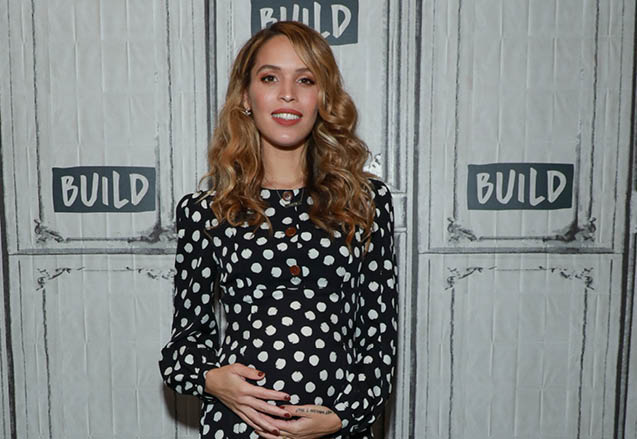

Overall, more people are reading poetry than ever before, and young people – aged 18-24 – are leading the charge, according to one US study. Here in Australia, sales of poetry have doubled since 2015.
Ridout, who sells prints of her most-shared poems on her online store, is optimistic that the recent surge in popularity of the genre will be more than just a flash in the pan. Like Fagan, she sees the accessibility of the medium as a boon, not a drawback.
“The poems that are shared more online are those with simple language that capture a moment or feeling that is resonant right now,” she says. “You don’t see Keats’ poems about flowers doing the rounds. It’s stuff about feminism, motherhood, anxiety, the pandemic, women feeling unsafe. The grittier stuff.
“When you’re scrolling and a poem pops up that describes how you’re feeling in that moment, or time – about motherhood, for instance – you stop and think: how does that poet manage to articulate exactly what I’m feeling? You feel seen and understood.”




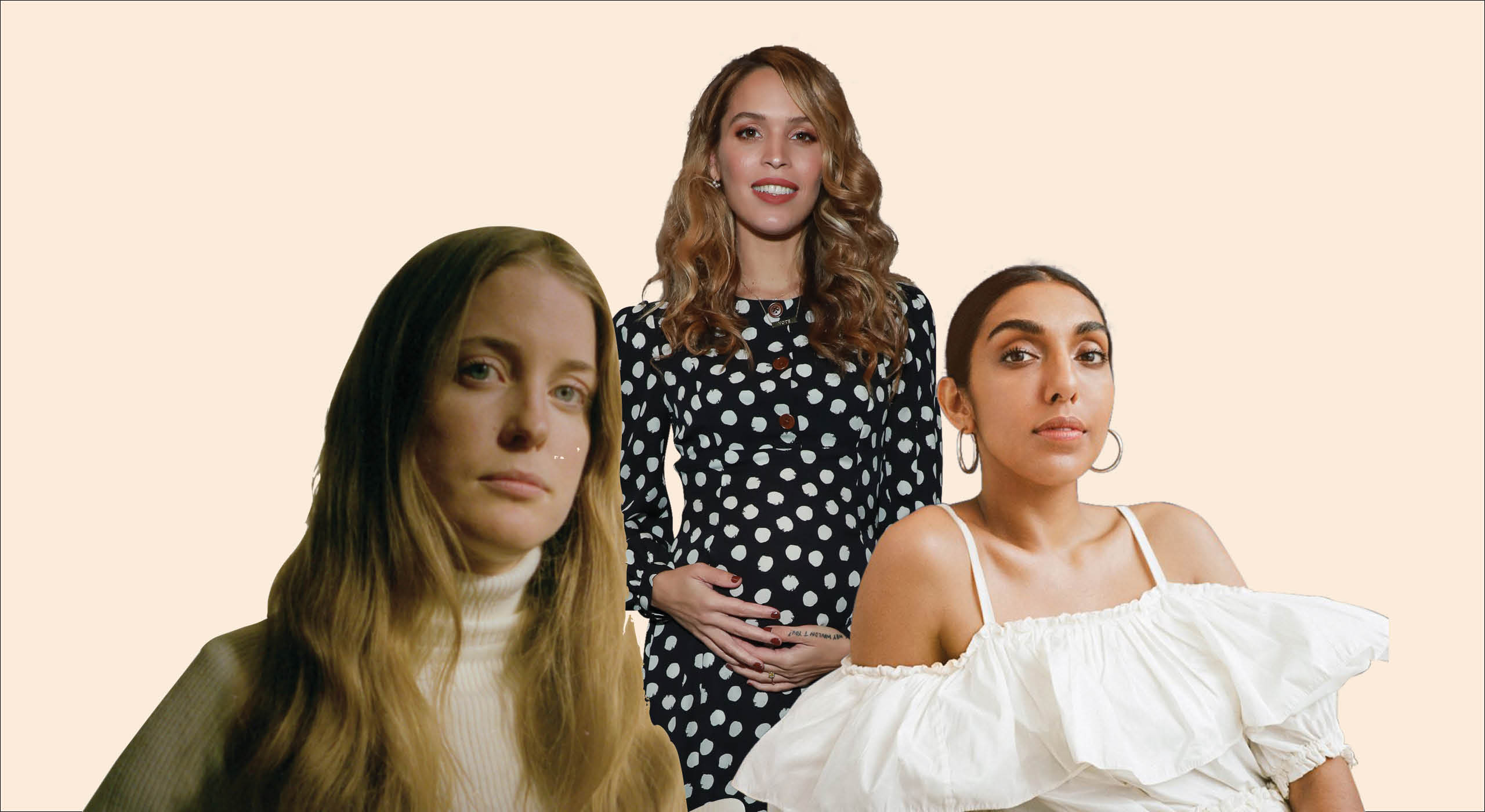
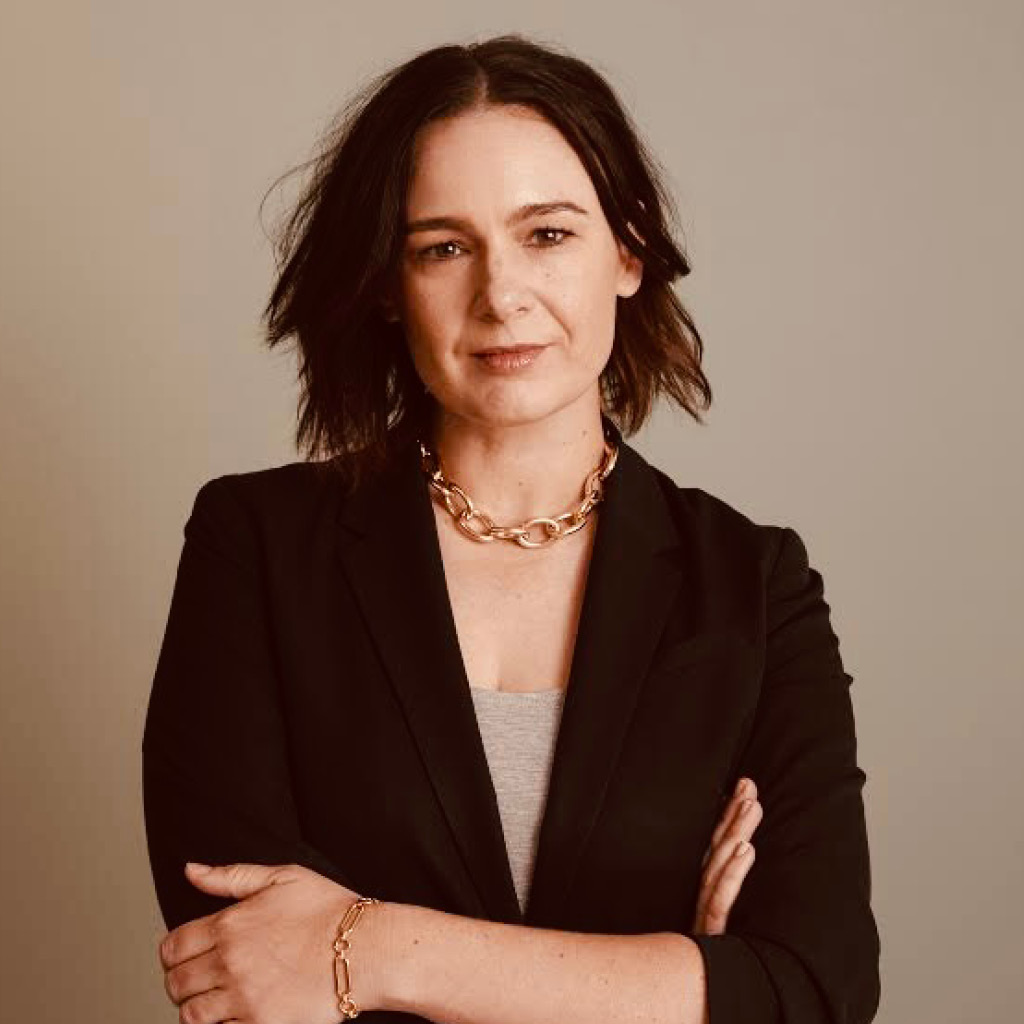


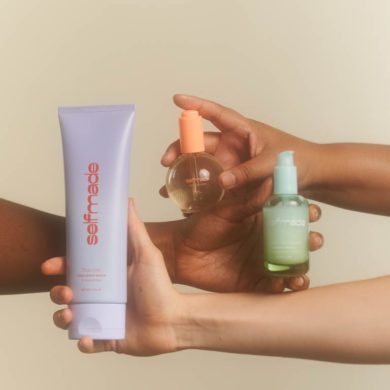

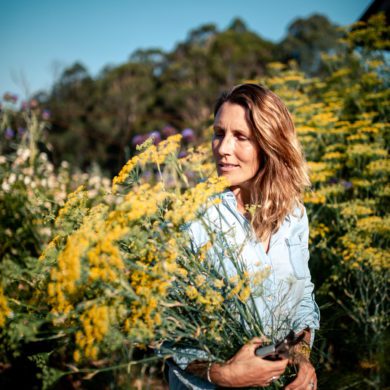



No Comments